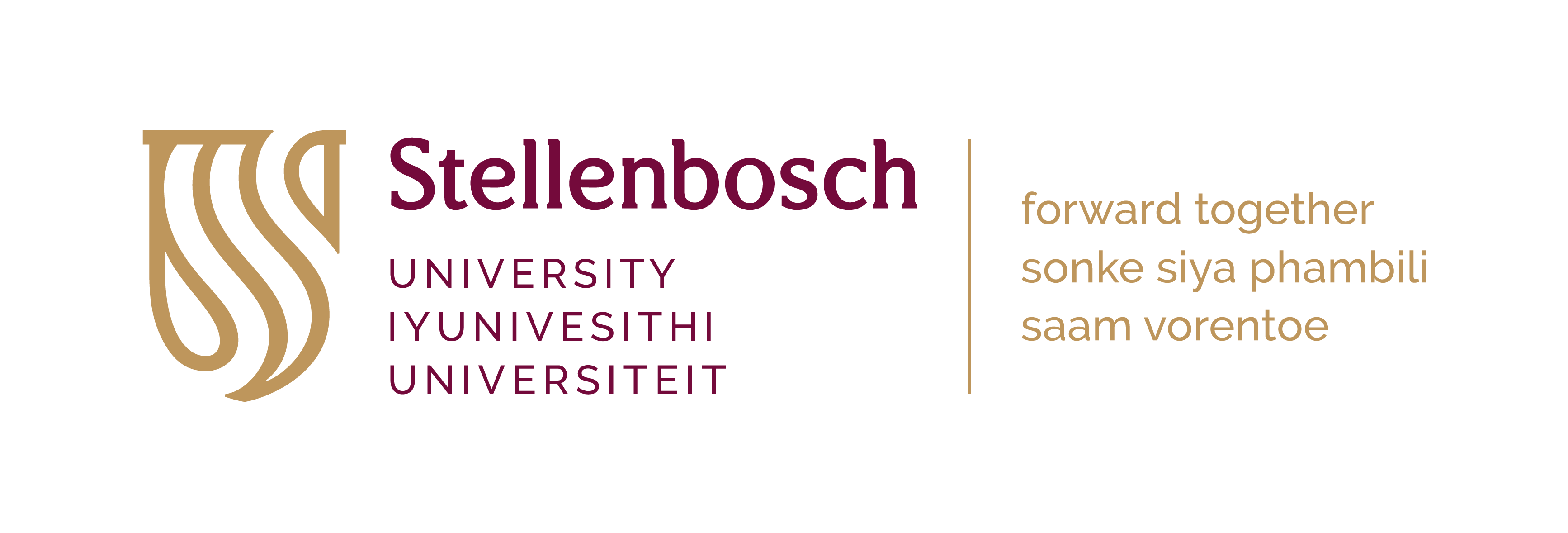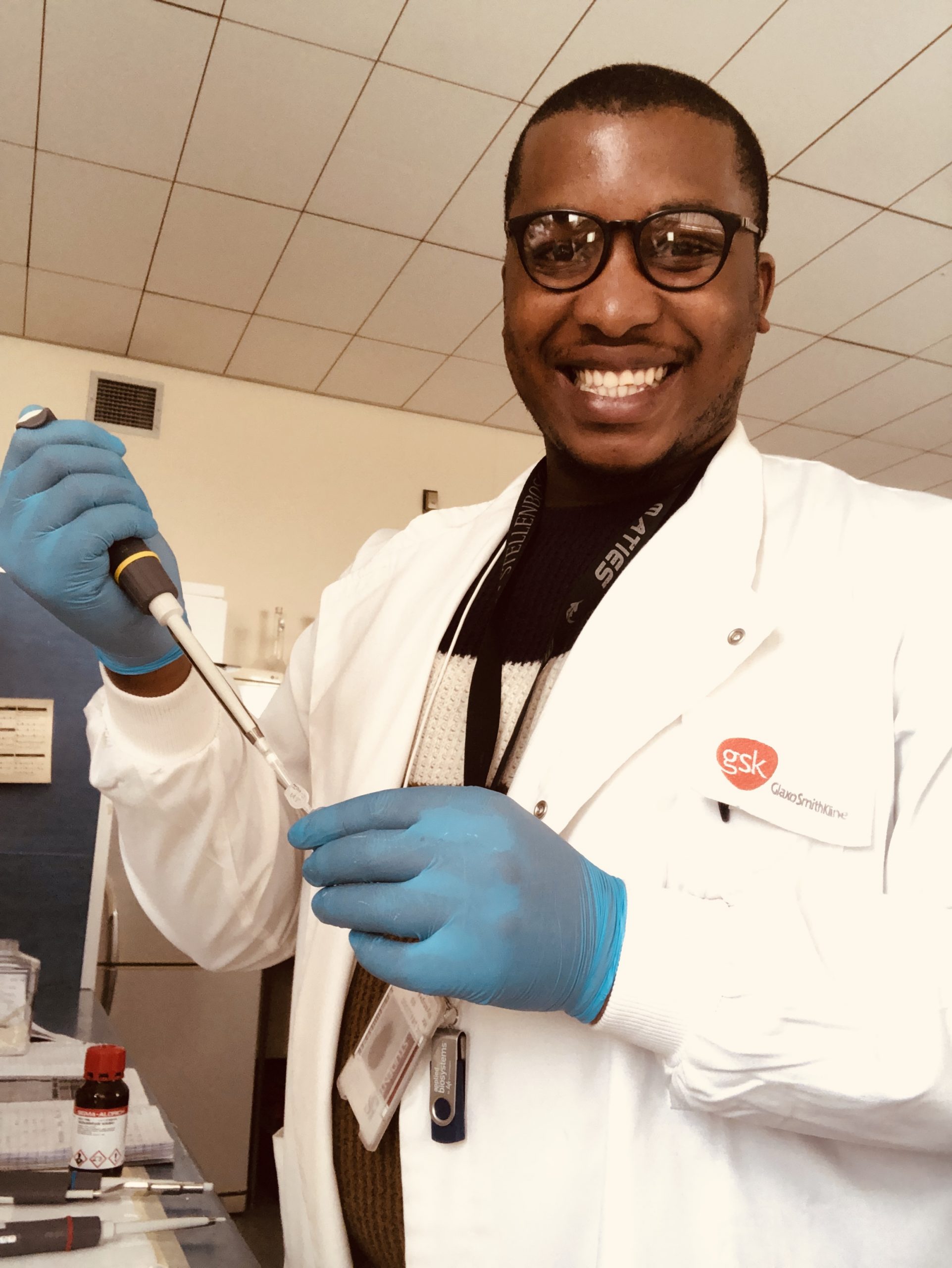Meet Mr Soyama Sivatho Nyangwa, a doctoral candidate within the TB Drug Discovery and Immunology Research Group at Stellenbosch University’s Division of Molecular Biology and Human Genetics, Faculty of Medicine and Health Sciences.
In celebration of Youth Month 2020, the Division of Molecular Biology and Human Genetics is paying tribute to young researchers within our institute. We share heart-warming stories of our students whose lives give us great hope for the future of South Africa. We thank these students for volunteering to tell us a little about themselves and their research.
Tell us briefly about your background?
I was born and grew up in the Eastern Cape from a little town called Keiskammahoek, born last born of a big family. Grew up always being interested in being a doctor or a scientist.
Why did you choose your field of study – what or who inspired you? Is this what you envisioned for yourself growing up?
My mother has been an integral in my choice of career, her being a professional nurse and her passion for her work has really introduced me to the field of medicine and I fell in love with it. As I grew and started doing science subjects that further refined my love for medicine to one that is not in medicine but one that is medical research. I then pursued a diploma in Biotechnology at the Cape Peninsula University of Technology where I also did my BTech in Biomedical Technology. I then joined Stellenbosch University to continue with an MSc in Molecular Biology where I was fortunate to upgrade my MSc to a PhD.
What is your research focus on?
The aim of my project is to study the correlation of structure of Interferon Gamma and its function with the ultimate goal to develop a series of assays that will allow differentiation of IFN-g on the level of structure and function with the ultimate goal of defining the IFN-g structural profiles in blood plasma of Mycobacterium tuberculosis infected patients and outlining the impact of this structural differentiation to the immune response. The above can also help understand the impact of these structural variants in immune response and possibly disease susceptibility.
How can your research help to improve Africa and/or the lives of its people?
As we know in Africa TB and HIV/AIDS are one of the leading causes of death and a problem in societies around the world. The findings of this proposed research study are anticipated to contribute to a broader body of knowledge. The research will clearly define the significance of the structural and functional variation of IFN-g and, the effects of which IFN-g responds to Mycobacterium tuberculosis infection in macrophages. This research study will also serve as a platform/ reference for further research as no similar study has been conducted in our area of interest.
What obstacles did you have to overcome to get where you are today?
Not to sound cliché or anything but growing up was really not so early, coming from a previously disadvantaged background. My parents worked hard to make sure the provided me with the best opportunities in order for us to pursue our dreams. I battled with a lot of personal challenges such as my training as iGqirha (Traditional Healer) which has shaped me and added to my interest in science.
If you could invite any three researchers (alive or dead; local or international) to a dinner party, who would you pick and why?
Albert Einstein, Isaac Newton, Gregor Mendel and Leonardo da Vinci – I’ve always had these 4 as my favourites and it would be hard to choose between cause in my they are one of the best scientists and pioneers of Science as we know it today.
What is your favourite quote/saying?
“Men love to wonder, and that is the seed of science.” -Ralph Emerson. This quote has motivated me to be the scientist I am today with a drive and passion to use my skills and knowledge to solve the world’s problem such as Infectious diseases.
Any advice for young people who are considering a career in STEM?
My advice is if you still see being in science as a job or career then you still not there yet where you destined to be. Science is a passion and a hobby which you sometimes get paid to do. Work hard, play hard, ground yourself in something you love doing and pray hard if you are religious.
What do you hope to achieve in the future?
To live life to the fullest, have a beautiful family and leave a mark in the field of science and research. I would also like to start a medical research institute in my home province of Eastern Cape for its children and the children of mother Africa.

